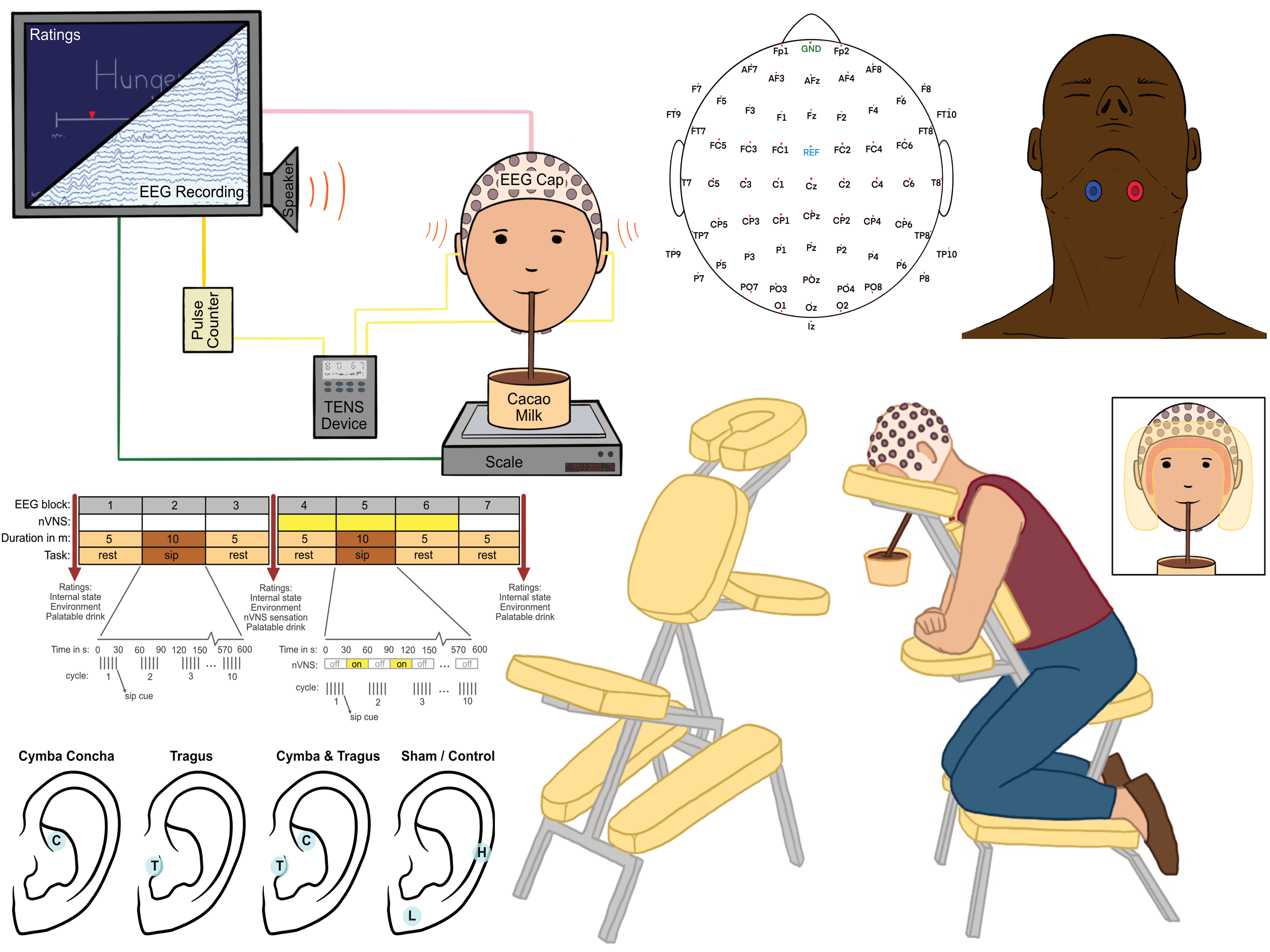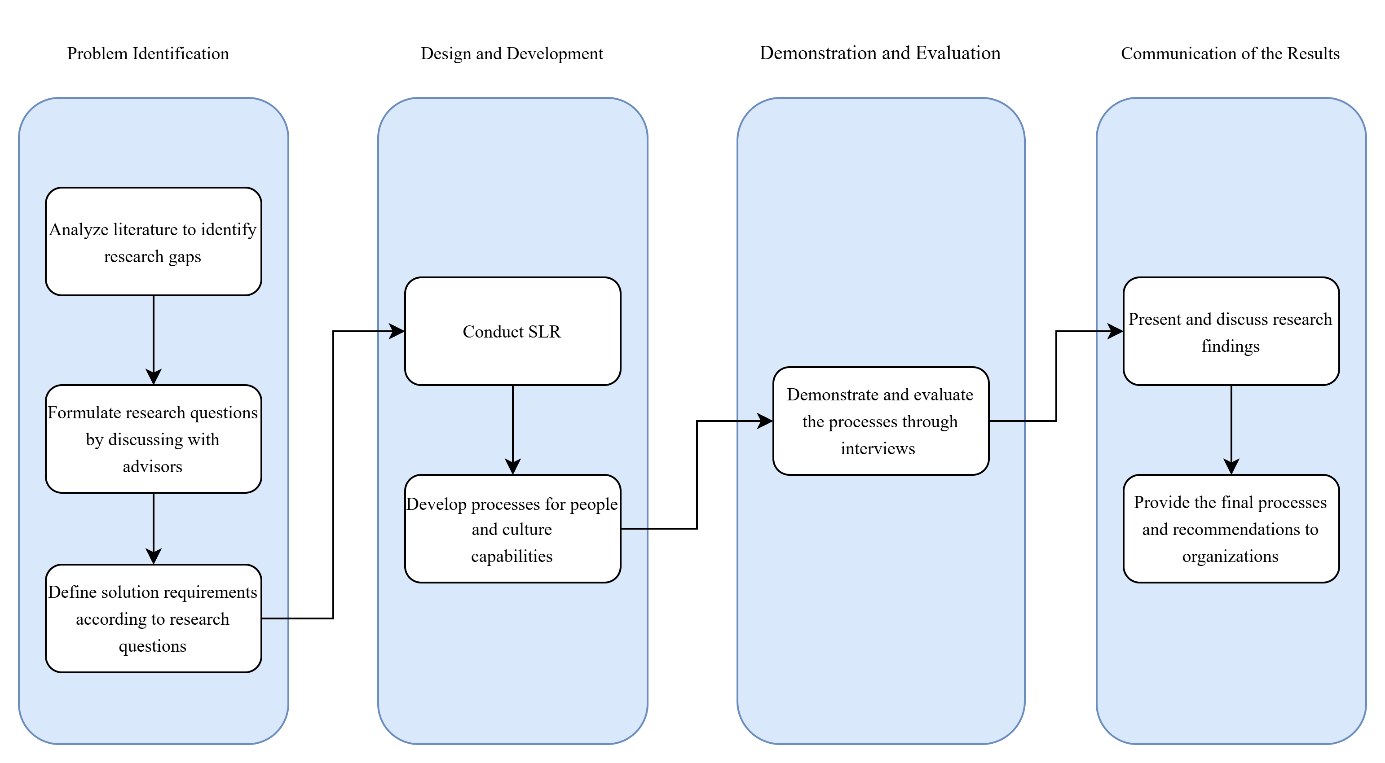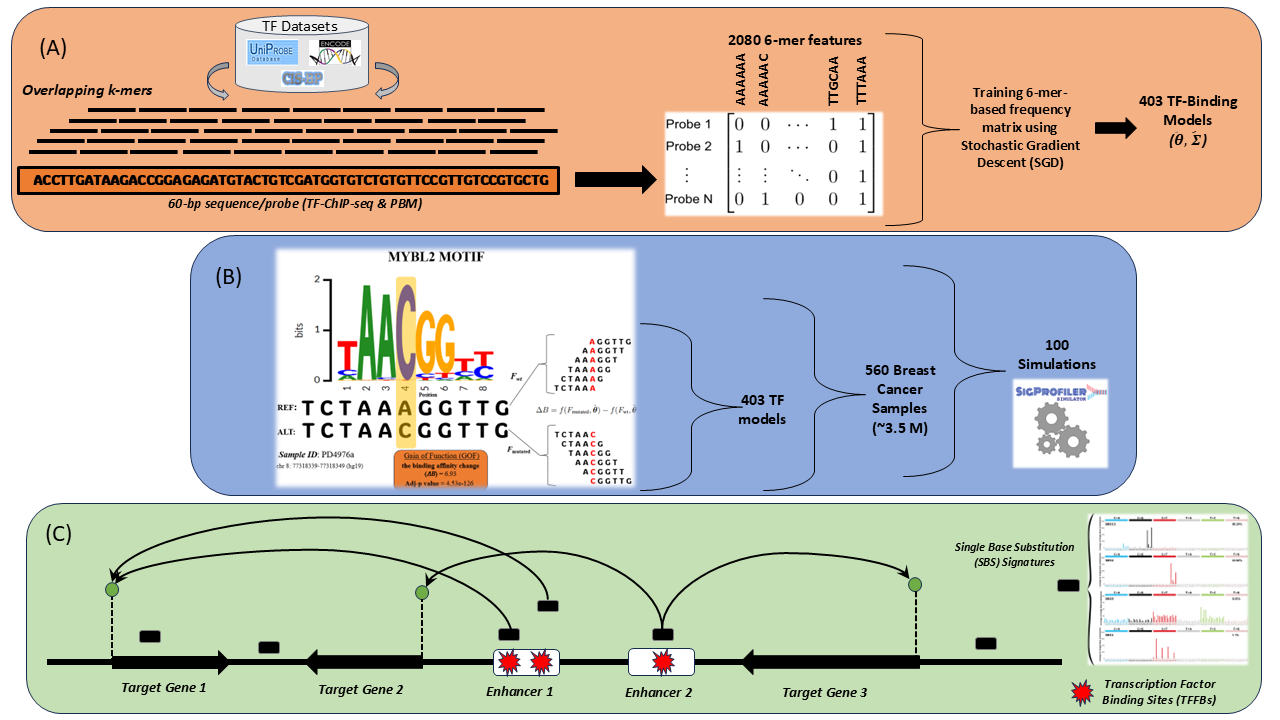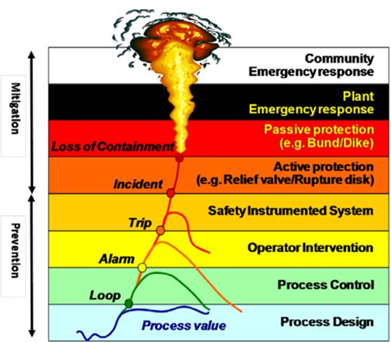Samet Albayrak, Testing The Effects of tVNS Neuromodulation of Food Reward Cycle via Gut-Brain Signals with EEG
Flavor perception and gut-brain signaling influence eating behavior. The vagus nerve (VN) may become desensitized to high-calorie foods, promoting overeating, a process potentially reversible through VN stimulation. This study examined whether transcutaneous VNS (tVNS) modulates brain responses to food using EEG during chocolate milkshake consumption. Key findings: (1) Spontaneous eyeblink rates (a dopamine proxy) increased after food intake, suggesting dopaminergic engagement. (2) Event-related potentials (ERPs) time-locked to swallowing were only observed with food stimuli, validating the sip-and-swallow protocol for flavor research. (3) No significant tVNS effects were found on resting-state oscillations or ERPs, but the method captured food-specific neural responses. These results support the protocol’s utility for future gut-brain studies.
Date: 14.04.2025 / 14:00 Place: A-212



